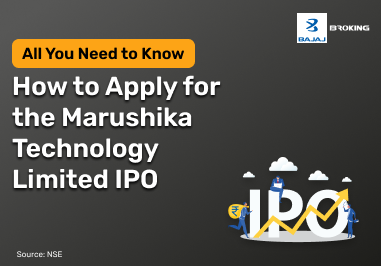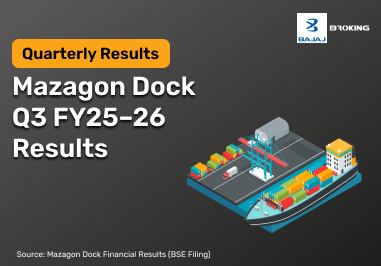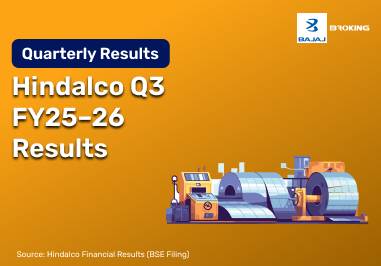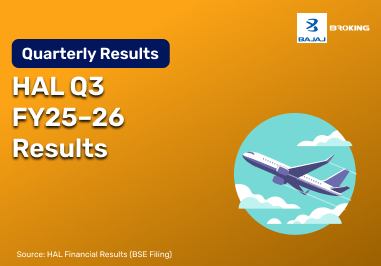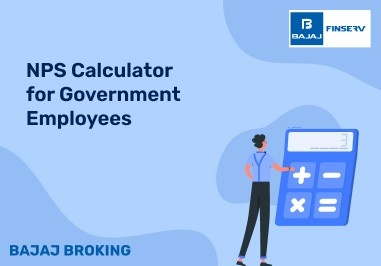I remember when I first opened a demat account, I assumed it worked like a bank account. Honestly, that confused me for a while. With a bank account, you usually need to keep some minimum money in there. But with a demat account? Not really. It’s not meant to hold cash. It’s more like a locker for shares and securities in digital form.
That said, it isn’t completely free of conditions. Brokers often charge maintenance fees, and if you forget to pay, penalties can sneak up on you. So it’s less about balance and more about staying at par of the charges and keeping the account active.
Importance of a Demat Account
If you are buying or selling any shares, you will definitely need a demat account. You could think of it as having to now deal with one clean digital folder instead of organising respective piles of paper certificates. You will no longer need to stress about losing documents or getting to the registrar since everything is safe in one place.
What I like is how simple it makes life. You can buy, sell, and track your investments in minutes. Even if you’re starting small, opening a demat account doesn’t demand a lot of effort or money. It really is the first practical step into the world of investing.
How to Maintain the Required Balance in Your Demat Account?
Here’s the funny thing: almost all demat accounts don’t ask you to maintain a “balance” in the traditional sense. What matters is paying attention to the small things. Annual maintenance charges, transaction fees, custodian charges – these are the ones that need watching.
I’ve made it a habit to check my broker’s fee sheet once a year. They usually put it on the website, but it’s easy to overlook. Setting calendar reminders for annual maintenance charges (AMC) has saved me more than once. Even making one trade in a year or updating your KYC is enough to keep the account from going inactive.
Selling shares without checking my linked bank account is a mistake I made in the beginning. My brokerage and taxes bounced back to me, which was nerve-wracking. Tip, ensure you have the needed funds for deductions.
Another easy win, in addition to a demat account, might be to change to receiving e-statement instead of paper statements to eliminate the postal charges. If you have multiple demat accounts, merging them into one can save you extra transaction fees and confusion.
For those who rarely trade, there’s also the Basic Services Demat Account (BSDA) option. Fees are lower, though features are limited. And finally, logging into your broker’s app every now and then keeps you informed of charges, balances, and new rules.
Charges of the Demat Account
Demat accounts don’t force you to keep a balance, but they do come with costs. Knowing these makes managing your account a lot smoother.
Account opening charges:
Some brokers ask for a one-time fee when you open an account. Others waive it under promotional offers.
Annual Maintenance Charges (AMC):
A yearly fee that typically ranges from Rs. 300 to Rs. 1000. This depends on the broker and type of account.
Custodian fees:
Charged for keeping your securities safe. Usually collected once a year, and the amount varies with your holdings.
Transaction charges:
Every time you buy or sell, a fee applies. It may look small, but tracking it helps you understand your trading costs better.
Dematerialisation and rematerialisation fees:
If you convert paper shares to electronic form (or the other way around), these charges apply. Always confirm with your broker before starting.
Pledge and unpledge charges:
Using your shares as collateral for loans or margins? Expect a small fee for pledging and releasing them.
Late Payment Penalties:
In the case that we miss payments for AMCs or other dues, then late payment penalties will generally apply. Setting up auto-debit or reminders on when payments are due can help us prevent late payment penalties.
GST and other statutory taxes:
If not more, the services for our demat accounts are charged extra government taxes. Being aware that taxes are compulsory will allow you to plan costs accordingly.
Communications Charges:
Simply opting for physical statements adds extra charges. Lets try this, step into the real world and also receive communication via email or apps, will save you money and time.
Inactivity Charges:
If we do not use our account for a long time, the account will become inactive, and if we request it to become active again, there will often be an added inactivity fee or charge. Using the account at least once a year or updating our KYC should prevent any inactivity fees from accruing.
Consequences of Not Maintaining Minimum Balance
I’ve learned the hard way that ignoring small charges in a demat account doesn’t just nibble at your wallet – it can stall your trading altogether. It’s less about money lying idle and more about staying in sync with rules and timelines. Here’s what usually happens when the account slips out of order.
Penalty charges:
Skip an AMC or delay a payment, and late fees creep in. One or two may not feel much, but let them pile up and suddenly the account feels like it’s working against you.
Account freezing:
When dues are left unpaid, brokers can freeze the account. It’s like being locked out of your own cupboard of shares. No buying, no selling – just waiting until you settle.
Service interruptions:
Dividends, bonuses, rights issues – they may not get credited if your account isn’t updated. It feels strange when everyone else receives a payout and yours doesn’t show up.
Impact on creditworthiness:
Rare, but still possible. Defaults linked to your PAN can sometimes show up in financial checks. It’s one of those things you don’t notice until you’re applying for a loan or card.
Inability to pledge shares:
Blocked accounts can’t be used to pledge shares for loans or margins. When you need quick liquidity, this limitation stings.
Reactivation delays:
Unfreezing an account isn’t instant. KYC updates, clearing dues, and waiting for approval can take a few days. In market terms, that’s enough to miss a window.
Missed trading opportunities:
Markets move quickly. An inactive account means you might watch a good chance slip away, simply because the system has put you on hold.
Additional paperwork:
Reactivating often feels like opening the account all over again – ID proofs, address verification, signatures. It’s a bit of a grind when you just want to trade.
Loss of trust:
Brokers notice. Accounts that fall behind on compliance sometimes get slower responses or less priority, especially when compared with active users.
Legal escalation:
In prolonged cases, firms may escalate matters, even sending notices. It adds tension you really don’t want linked to your investments.
Tips to Avoid Penalties Related to Minimum Balance Requirements
Avoiding penalties isn’t about being perfect – it’s about small, steady habits. I’ve found that just being a little organised makes things easier.
Understand your fee structure:
Before trading, I check the list of charges. Knowing what’s coming helps me plan and keeps away those “where did that deduction come from?” moments.
Use electronic communication:
I switched to e-statements years ago. Faster, cheaper, and no pile of papers on the desk. Everything lands neatly in the inbox.
Pay AMC on time:
Reminders on the phone, or auto-debit from the bank – either works. Paying AMC late once made me scramble to unfreeze my account, and I’ve avoided it ever since.
Consolidate multiple accounts:
At one point, I had two demat accounts. It was messy, with fees doubling for no reason. Closing one made life simpler and cheaper.
Opt for BSDA if eligible:
If your investments are small, a Basic Services Demat Account keeps charges lower. It’s not fancy, but it suits occasional investors well.
Review activity regularly:
Even completing just one trade, or a speedy KYC update, activates the account. Simple, but avoids reactivation fees later.
Maintain your contact information:
When I'm using the site, I only remember I'd missed alerts because my email and phone number were out of date and didn't let me know first. Updating information is easy and makes sure that you don't miss any reminders because it's out of date.
Look into the linked bank account:
I ensure I have a little bit of money in the linked account. Failed deductions can end up grossing penalties, so this ones worth keeping an eye on.
Use the broker’s app:
A quick login shows fees, statements, and deadlines. It’s become part of my weekly routine – five minutes that save headaches later.
Reach out to customer support:
If something looks unclear, I’ve found brokers are usually quick to explain. Asking early prevents small doubts from turning into big issues.
Additional Read - How to Check Demat Account Balance Online?
Conclusion
Managing a demat account isn’t about leaving money parked in it. It’s about attention – paying charges on time, updating details, and making sure the account stays active.
Whether you’re a regular trader or someone who invests now and then, these small steps keep the account running smoothly. Linking your bank, going digital with alerts, or choosing a BSDA when it makes sense – all of these cut costs and reduce stress.
Additional Read: Difference Between a Demat Account and a Bank Account






